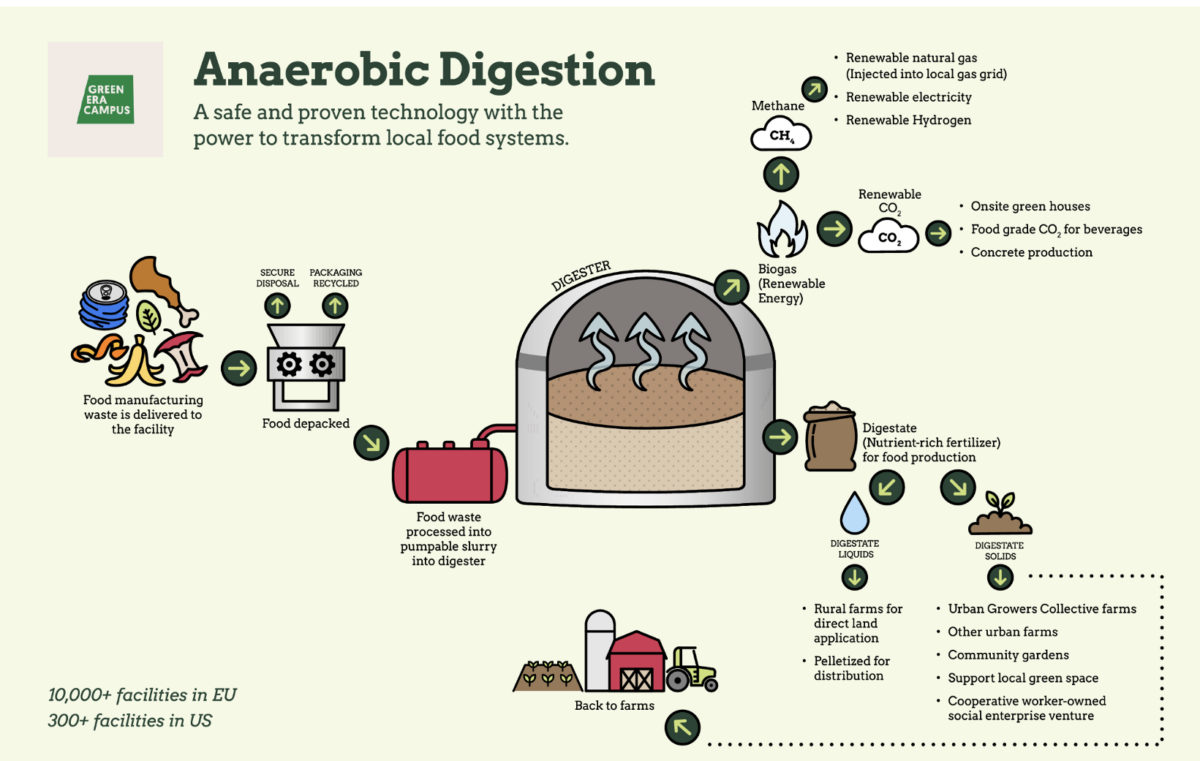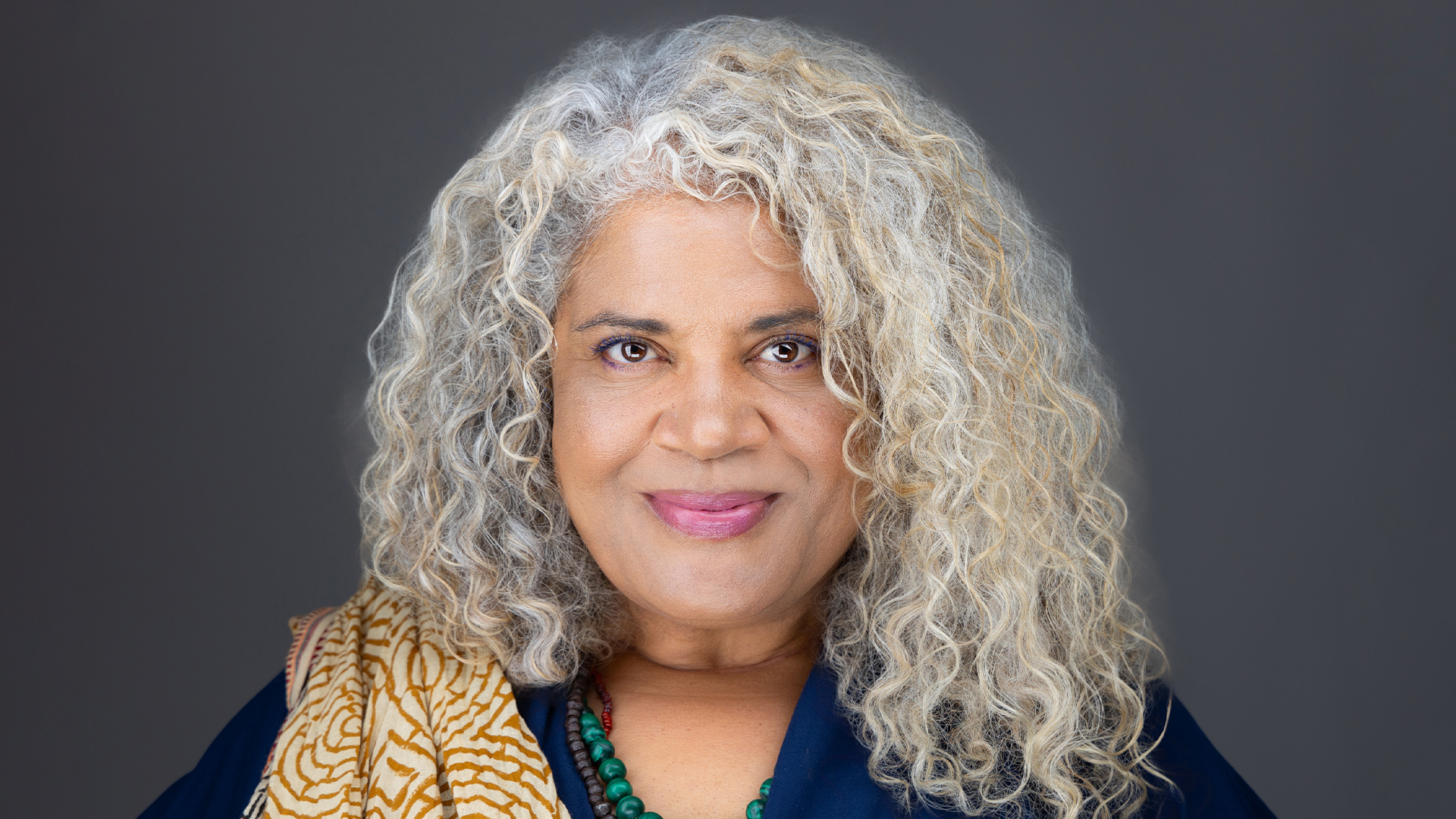Erika Allen is on a mission to create sustainable communities.
Heart Posture For Serving Others
Growing up, she had an epiphany that ignited her desire to serve the broader community. And it was her interest in the creative arts that eventually guided her toward a multi-faceted passion project in Chicago, IL. Between 1987 and 1992, Allen transitioned from her family farm to attend the School of the Art Institute of Chicago. During this time, she encountered structural racism and social demarcation that shaped her perspective and mission.
“Was literally told during my orientation to not go south of Van Buren, which of course triggered a lot of questions as to why, and that was just sort of something that was shared with me and was indoctrinating me as a new student,” she told AFROTECH™. “And to come to find that south of Van Buren was the south side, primarily black community that I’m part of. That really fired me up, my heart posture around wanting to extend what was a privilege to me to go to art school, but imagining folks who had less access than I did, wanting to open that up. So that kind of became an early part of my own artwork, and my explorations around some of the kinds of things that I was working through and my creative expression.”
Upon graduation, Allen began working as a community-based artist and taught at After School Matters, known as Gallery 37 Center for The Arts at the time, to introduce high school students to employment opportunities in the arts. From 1998 to 2000, she returned to school to earn a master’s degree in art psychotherapy from the University of Illinois, Chicago. Her goal was to use art as a tool for healing, aiming to deter youth from engaging in criminal activity or joining gangs. However, her focus shifted after the events of Sept. 11, 2001.
“9/11 happened. I realized that we were all food insecure, and some of the things I was learning and I kind of knew, but really got emphasized, was a lot of the decisions that young people and their families made had been around economic survival. I couldn’t quite figure out how to create an economic pathway that was deep enough and had enough wealth-generation potential through the arts, but I could figure it out through food,” she explained. “Like I can grow food and sell it. While I’m doing that, I’m also creating new spaces within communities. There was a lot of empty space, and I could just see food being grown and how that impacts and builds culture. You could really see the disruption through that work to impact some of the things that young people may only see as an option, to really change that. And so that was the impetus of all this, and all of that led back to my upbringing on a farm.”
Green Era Campus
In 2002, Allen opened Growing Power’s Chicago office, inspired by her father’s work in Milwaukee, WI. The original Growing Power was a nonprofit that featured an urban farm, hosted educational workshops, and attracted thousands of visitors annually, with Allen’s support for 25 years, notes Canvas Rebel. The first Growing Power closed its doors in 2017, but Allen was determined to continue its mission, launching Urban Growers Collective and completing the 9-acre Green Era Chicago Campus. In 2015, she transitioned the office to a new 501(c)(3) organization, sponsored by Green Era Educational NFP, which served as the site developer responsible for building an anaerobic digester that began operating in July 2024. Her goal is to continue building it out as a vibrant center of community that benefits the locals and the planet.

“…The methane or the gas that just is a natural part of carbon-based life forms and vegetation, when it breaks down and decomposes and rots, it releases methane and that methane goes into the atmosphere and impacts, warms up the planet,” Allen explained. “So when we divert that food waste from landfills and bring it to a biodigester, we actually mitigate climate change, meaning we disrupt its rapid warming of the planet. And we also get a renewable form of natural gas. Rather than pulling petroleum-based fuels, we can actually recirculate the food that we eat and the byproduct, and as it breaks down, capture the gas and have a perpetual source of energy.”
She continued, “And we’re increasing the vitality of our communities because we have rich fertile composter growing. And with the more that we have of that, there’s an increase in health, there’s an increase in the supply of fresh fruits and vegetables and verdant, beautiful green spaces because we’re replacing that contamination with fertility. That leads to jobs; safer, healthier communities; and you can’t do any of that without a catalyst and the actual building blocks, the material to do that transformation.”
According to information shared with AFROTECH™, Green Era Campus will also include an outdoor market, retail store, nursery, community education center, edible forest and walking trail, greenhouse, event plaza, and amphitheater, among other features.
It also aims to grow over 125 different types of produce annually and champion food businesses and entrepreneurs while training the next generation of farmers.
The project is projected to be completed between 2026 and 2027.
Urban Growers Collective is currently raising funds to finalize the project.
To donate, click here.


